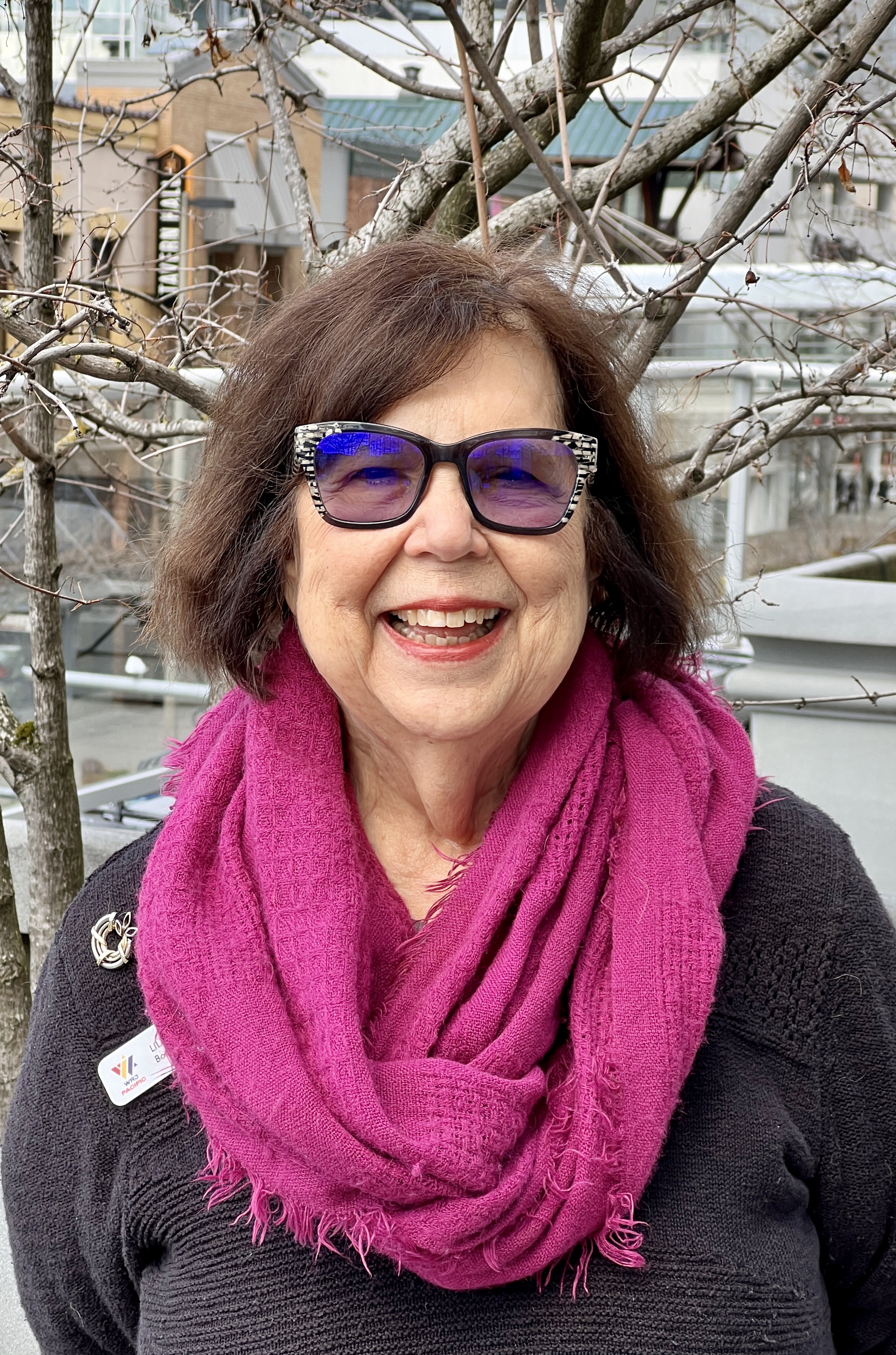
Just when we need it the most, we come to Vayechi. We are closing the chapter on 2020, a year filled with division, death, and destruction. Everything we knew, everything we did—STOPPED! There were no Onegs. No gatherings. No coffee meetups. No kid drop-off and pick-up. No work—at least not as we knew it. The rhythm of our days, weeks, months, and year was all out of kilter. Some held their breath, waiting for this anomaly of a virus to be over; others tried to ignore it, and still, others saw an opportunity to pivot. We look forward to 2021, not knowing what will unfold, but hoping for the promise of health, a return to “normal,” and positive change—whatever that may be. We have choices to make because we know that nothing will ever be the same.
At this turning point, we are brought to Vayechi, the closing chapter of the Book of Genesis, which recounts Jacob’s final wishes, his own closing chapter. He calls together his sons, including Joseph’s eldest sons, and blesses them. But that is not all, he gives them his final set of directions. He demands that they bury him in Canaan. Even though they are in Egypt, under the Pharaoh’s rule, Jacob asks this of his sons, and Joseph makes sure his father’s wishes are carried out.
After their father’s death, Joseph’s brothers fear Joseph’s revenge, as they remember throwing Joseph in a hole and abandoning him. However, Joseph looks at the hole and sees it as an opportunity—G-d has other plans for him. G-d needs him to make sure the people don’t starve. Joseph knows his brothers are truly sorry for what they did. And for the first time in history, this is not a story of revenge but of forgiveness. And then, Joseph dies.
As Genesis ends, we must say goodbye to the Matriarchs and the Patriarchs we have held dear. Yet, there is hope for the future, not in Egypt, but in Canaan. How are they going to get there? This continual tension between where we were, where we are, and where we are going is as dramatically felt today as it was then.
As we say good-bye to 2020, we do not know what the future will hold. We are hopeful for a more inclusive, equitable world where each person has a chance to thrive. We look to the past for guidance, yet know we need to create a different future. We want to hold on to our traditions, but we have learned that doing things differently, opens the doors to new opportunities.
Several years ago, I had the opportunity to participate in a State Department program in Indonesia. The country was trying to become democratic, but there were so many challenges and disparities. Jakarta, a city of over 20 million people, looked modern and new. However, the surrounding villages were still using polluted water systems installed by the Dutch in the 1600s. A village had just been wiped out by a dump that washed down the mountain and crushed them. As I traveled from village to village, I could see people working in the rice paddies, as their ancestors did, and others making tile out of the mud surrounding their homes. At the same time, their cell/internet service was better than almost anywhere I had experienced in the U.S. They had skipped that whole wired connectedness of the telegraph and telephone. You could look up and see trees and skies and not wires. The country was and is challenged on how to build a future; without losing its history. There are amazing advancements and heartbreaking losses. Perhaps not as dramatically, we also have choices: what do we keep, what do we do differently. How do we honor the past and build a new future?
According to Rabbi Julie Schwartz, Associate Dean of HUC-JIR in Cincinnati, Ohio, “We care deeply about the choices we make and our mitzvot are designed to lead us to positive healthy decisions. We live with the faith that we can change the world through the choices we make and the actions we take.”
We now stand, just as our ancestors did at the conclusion of Genesis. We do not know what the future will hold, yet we recognize the hope contained in “Vayechi, And Jacob lived.” Let us take advantage of the opportunities that lay ahead to create a Just World.
Joining with Jews around the world, let us say Chazak, chazak, v’nitchazelk, “Be strong, be strong, and let us strengthen one another”
Lillian Burkenheim Silver is an advocate for inclusive, equitable communities. She is past president of Temple Beth Hillel and Women of Temple Beth Hillel. She is the Secretary for the WRJ Pacific District and serves on the WRJ Board.
Related Posts

Parashat Yom Rishon shel Rosh HaShanah

Cultivating a Culture of Accountability and Belonging


